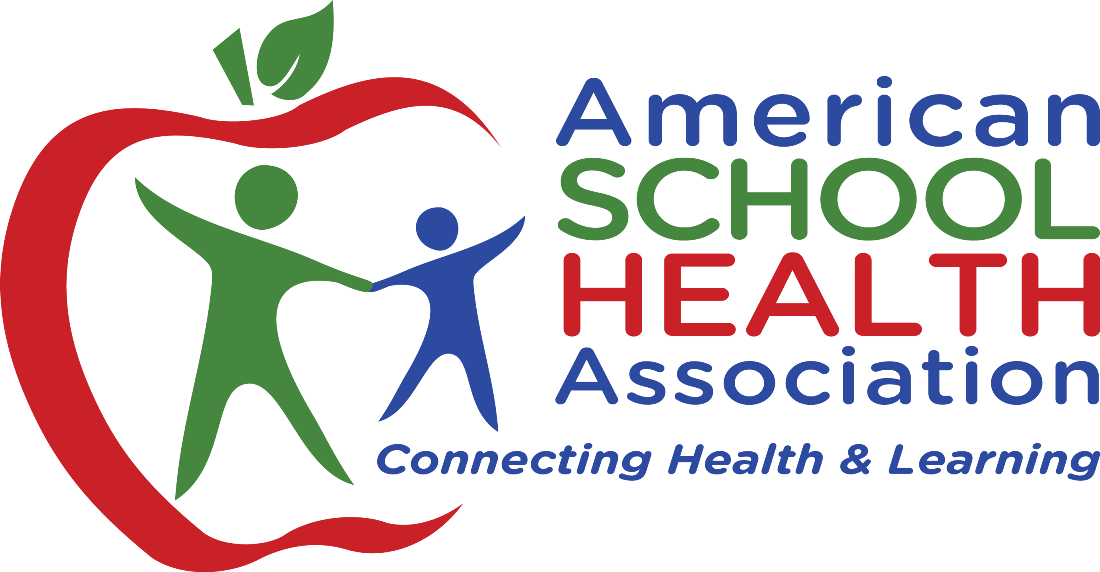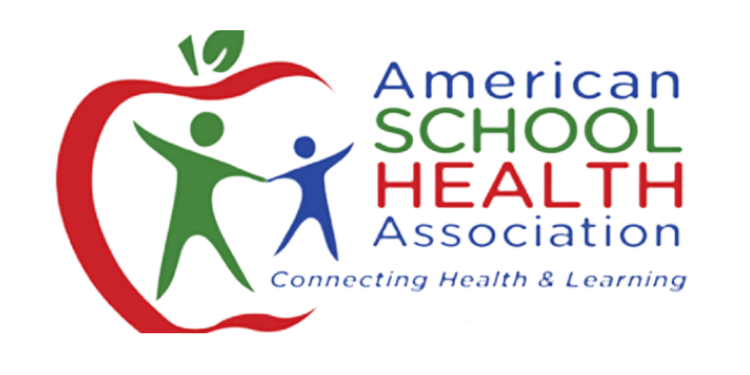We’ve Come a Long Way, Baby! School Health at the Crossroads
The new Whole School, Whole Community, Whole Child (WSCC) model would appear, on face value, to be revolutionary. For the first time, an education organization and a federal health agency are speaking the same language and promoting coordinated school health to anyone who will listen. For many, the WSCC model is an opportunity to have new conversations about the relationship between health and academic achievement.
Regarding the Whole Child approach, it has been said that:
During these years I have seen and felt the excitement which attended the discovery that the whole child came to school. Year by year as the full significance of this discovery has permeated every area of the education system from the classroom teacher to the top administrator, the objectives of education have been modified or changed from the mere accumulation of facts and the development of skills to concern for the total personality, growth, and development of the individual.
In our work as school health personnel, we daily feel the impact of the educator’s enthusiasm for the whole child and their determination to help each child achieve his highest and best.
Academic education unaided cannot reach its goal. How can you educate a child to his full capacity if his brain is dulled by malnutrition or his mind is occupied and disturbed by emotional conflicts and problems?
As we listen to the babel of voices in the United Nations, as we see the nations of the world at one another’s throats, as divorce rates mount and American homes break apart, surely there can be no question that understanding human relationships must be a major objective of education. Have our children learned to understand their emotions and how to direct and control them? Are they learning respect for the uniqueness of individual personality, to accept and respect individual and group differences in customs, point of view and culture?
If we as school health personnel are to render our full measure of service to the American educational system, we must speak the language of educators and know these areas of medical science which have special significance for education.*
I am about to celebrate 62 years on this planet and these words were spoken at the ASHA conference in San Francisco on October 31, 1951—one year and 4 days before I was born! C. Morley Sellery, M.D., Director of Health Services for the Los Angeles City Schools, was the recipient of the William A. Howe Award that year. Of note, Dr. Sellery stated that “You cannot work this closely with educators for so many years without feeling that you are a cross between an educator and a physician.” Certainly a man ahead of his time!
After reviewing Dr. Sellery’s speech, I embarked on a review of the Journal of School Health (JOSH) archives. As an ASHA member, you can access back issues here:
- September 1930: Physical Examination of Athletes
- November 1943: Quality Physical Education Programs
- June 1960: Traffic Safety and the Adolescent Driver
- March 1970: Computers in School Health Services
- October 1980: Sex Education in a Rural High School
- January 1985: Health Variables and School Achievement
- March 1992: HIV/AIDS in Indiana’s Public Schools Grades 7-12
- January 2010: Pairing Nurses and Social Workers in Schools
The old saying “we’ve come a long way, baby” may apply to some aspects of school health but in my book, we still have a long way to go to ensure that EVERY school is a safe and healthy place for EVERY child to learn and thrive.
In the immortal words of Dr. Sellery:
Today our great need as a nation…is for more understanding of human relationships and how to help each child attain to the full realization of his individual capacities, talents and abilities. This is school health! This is where education and medicine meet. Only by joint action and mutual support can education reach its objectives…*
I cannot say it any better! This is the whole child concept. How would you describe the relationship between education and health/medicine? How can we, as school health professionals, strengthen that bond and move forward, acknowledging our past but envisioning our future?
*C. Morley Sellery, MD JOSH January 1952: Speech before ASHA in San Francisco on October 31, 1951


